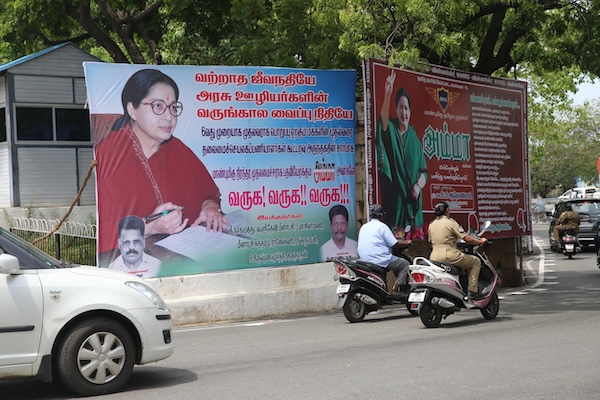.png)
August 29, 2025 at 9:08 AM IST
The rupee fell to a record low of 88.29 against the dollar in afternoon trade, breaking the earlier all-time low of 87.95, as foreign outflows and tariff concerns weighed on sentiment across emerging markets. The currency has dropped nearly 1% in August and about 3% since the start of 2025.
The latest trigger was Washington’s decision this week to impose an additional 25% tariffs on Indian goods, doubling overall duties to 50%. The move has sharpened worries over export competitiveness at a time when global demand remains weak.
The rupee initially held in the 87.76–87.80 range on Friday, extending Thursday’s modest recovery when it closed at 87.62 after speculation of Reserve Bank of India intervention. Sustained importer demand and equity outflows later pushed the currency beyond 88.00.
After breaching 88, the rupee triggered heavy stop-losses, prompting traders and importers to rush into covering short dollar positions.
Foreign investors have sold more than $1 billion of equities in the past two sessions, adding to pressure on both markets and the rupee. Traders believe the RBI has been smoothing volatility, with the rupee holding broadly between 85.30 and 87.80 over the past two months. The breach of 88.00 signals limited central bank appetite to defend levels, with near-term support at 88.50.
External Drivers
Tariff escalation has deepened investor caution, compounding uncertainty from the stalled Russia–Ukraine peace process. At the same time, expectations of US Federal Reserve rate cuts are weighing on the dollar, offering partial relief to emerging currencies. This has tempered sharper rupee losses, though risks remain skewed to further weakness.
Government steps to cushion exporters may help steady sentiment, though much hinges on whether trade talks with US deliver compromise. Market attention will turn to India’s GDP data later today and US inflation figures next week for direction.
The RBI is expected to focus on curbing volatility rather than defending absolute levels, in line with its policy of allowing gradual adjustment while preserving reserves for disorderly conditions.



